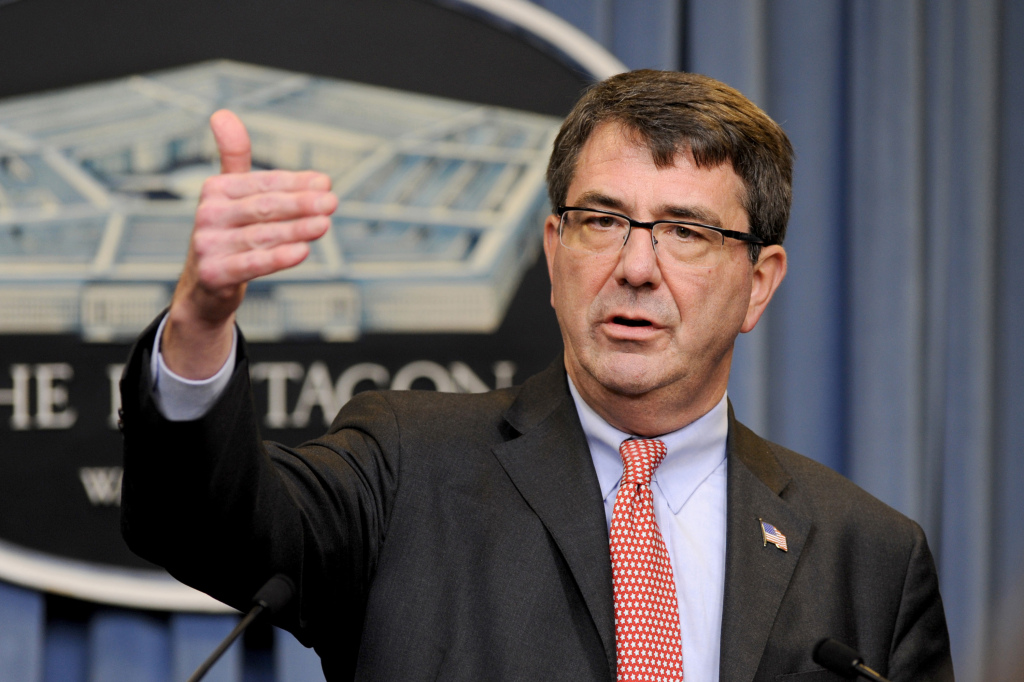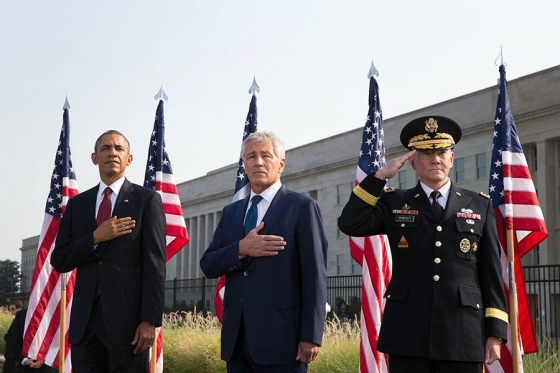Gul Rahman (pictured above), an Afghan citizen arrested by US officials in Pakistan in October 2002, froze to his death on the floor of a prison in US captivity just a month later, stripped half-naked and chained to a wall in a secret ‘black site’ operated by the US Central Intelligence Agency in Kabul. ![]()
That’s one of several revelations from the US Senate Select Committee on Intelligence report respecting the CIA’s use of torture techniques in the wake of the September 2001 terrorist attacks and throughout two wars in Afghanistan and Iraq throughout the duration of the presidency of George W. Bush.
The techniques used by CIA interrogators, as outlined in the report, are more gruesome than previously reported, though I can’t imagine that it surprises anyone. It’s not completely unrealistic, for example, that interrogators could have waterboarded Khalid Sheikh Mohammed 183 times or that officials ‘rectally force-fed’ a suspect or conducted rectal searches that amounted to sexual assault. Vox has a look at the 16 most outrageous CIA abuses, and the Daily Beast has a similar look at the excesses described in the report, and there’s not much to add to it. The report speaks for itself — there’s not a particularly partisan way to spin ‘rectal rehydration.’
Like Bagram and Abu Ghraib and My Lai, the Kabul black site, known as the ‘Salt Pit,’ will become another byword for US hypocrisy, a new example of how American brutality abroad triumphed over the legal, moral and democratic ideals upon which the United States claims to hold sacred. In fact, the abuses that took place at the ‘Salt Pit’ make the prisoner abuses within the Iraqi prison of Abu Ghraib seem like a trip to summer camp.
Though the report redacts the role of other countries, responsibility for the shameful actions aren’t solely for the United States alone to bear, despite international calls, including from UN special rapporteur on counter terrorism and human rights, Ben Emmerson, for the United States to prosecute the perpetrators of the worst CIA violations. But countries like Romania, Poland, Lithuania, Thailand, Egypt and many, many others (their roles not always clear from the redacted report) were happy to host CIA ‘black sites,’ sometimes at a price, where most of the alleged torture took place. It’s a reminder that, of course, the world’s a messy place and our allies, many of which are longstanding or emerging democracies themselves, are happy to be silent partners in the darker aspects of what’s been an often stabilizing US global presence.
The report’s release wasn’t even certain, given efforts by the CIA and the administration of Bush’s successor, Barack Obama, to prevent or redact much of the report. Over the weekend, US secretary of state John Kerry reportedly tried to delay the report’s release in a phone conversation with the chair of the intelligence committee, Democratic senator Dianne Feinstein of California. The CIA itself has even admitted that CIA personnel spied on Senate staffers throughout the five-year process of investigating and writing today’s 6,000-page report, for which only a redacted 480-page executive summary was released. The efforts have brought together an odd-bedfellows coalition of officials, including Feinstein, who otherwise holds hawkish views with respect to the Obama administration’s anti-terrorism efforts abroad, and Republican senators, including John McCain and Lindsey Graham, both of whom have taken hard lines in favor of American interventionism in Iraq, Libya, Syria and elsewhere.
The refrain that we hear over and over again is that the report’s release will help ensure that the CIA abuses of the 2000s (call them ‘enhanced interrogation’ or torture) won’t happen again.
But there’s really no guarantee that it won’t. Continue reading After US torture report, how to enshrine ‘never again’?



